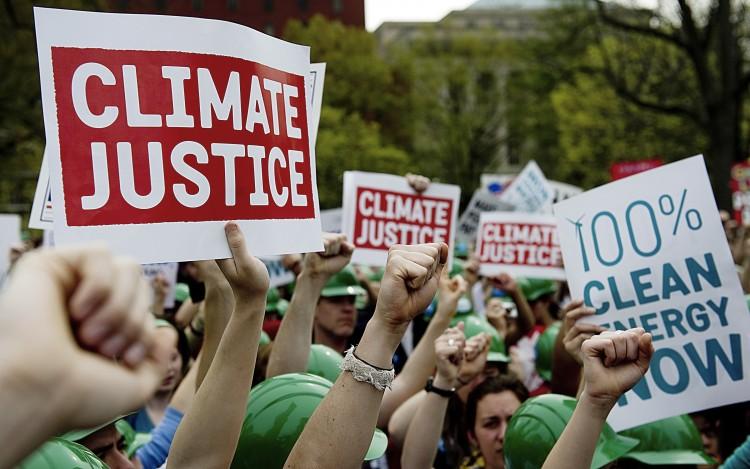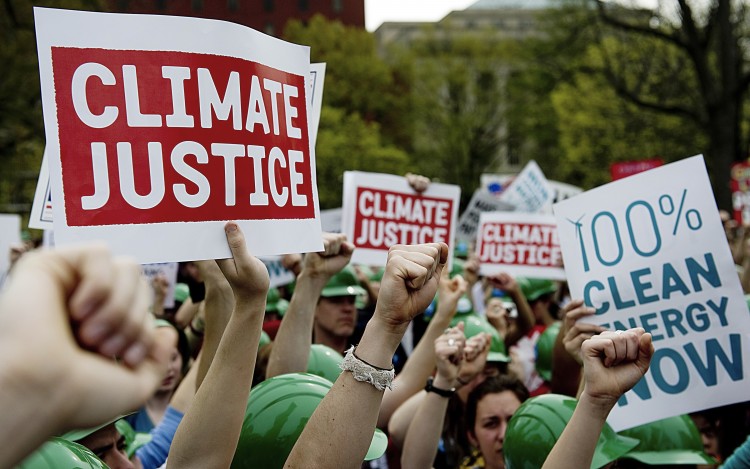Oil company BP admitted guilt on Thursday for 11 counts of felony manslaughter in the catastrophic Deepwater Horizon oil spill of 2010. It also pleaded guilty to a felony count of obstruction of Congress, and violations of environmental laws, including the Clean Water Act and Migratory Bird Act.
The oil giant agreed to pay the largest criminal settlement in U.S. history, $4 billion, which includes a $1.25 billion fine and penalties for environmental damage, according to the Department of Justice (DOJ). The settlement is to be paid in installments over a five-year period.
The London-based company released a statement on Nov. 15 in which it acknowledged the settlement agreement. A New Orleans federal court will have to accept it before it is final.
Individual indictments for manslaughter, environmental violations, and obstruction came separately.
“Perhaps the greatest tragedy is that the deaths of the 11 men onboard the Deepwater Horizon could have been avoided. The explosion of the rig was a disaster that resulted from BP’s culture of privileging profit over prudence …” said Assistant Attorney General Lanny A. Breuer at a New Orleans press conference, according to a transcript provided by the DOJ.
A federal grand jury indicted the two highest-ranking BP executives aboard Deepwater Horizon with manslaughter over the deaths of the 11 oil-well workers. “The indictment charges these two BP well site leaders with negligence, and gross-negligence, on the evening of April 20, 2010. In the face of glaring red flags indicating that the well was not secure, both men allegedly failed to take appropriate action to prevent the blowout,” Breuer said.
He did not name the two during his press conference. The indictment names them: well site leaders Robert Kaluza and Donald Vidrine.







